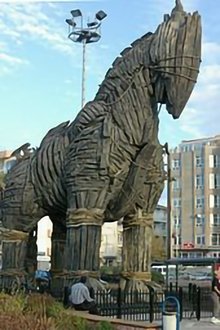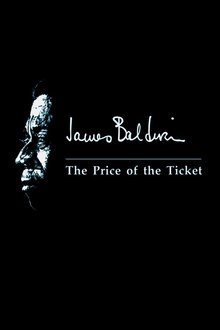BBC documentary about Franz Kafka played by GREEK TV in 1990.This documentary is one of the ten films of "The Modern World: Ten Great Writers (1988)".
Related Movies
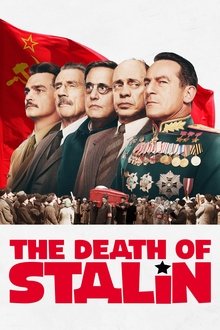
The Death of Stalin (2017)
When dictator Joseph Stalin dies, his parasitic cronies square off in a frantic power struggle to become the next Soviet leader. As they bumble, brawl and back-stab their way to the top, the question remains — just who is running the government?
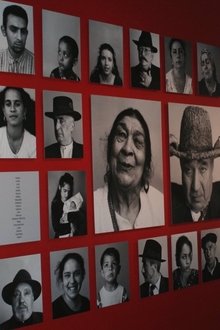
The Last Romani in Auschwitz (1994)
The film tells the story of Roman Kwiatkowski, who founded the Association of Roma in Poland in Oświęcim in 1992. It also presents political decisions about Roma in Poland, from the resolution on the assimilation of Gypsies of May 24, 1952, to the start of a detailed record of the Roma population in the country in 1960.
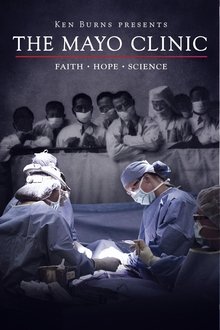
The Mayo Clinic (2018)
The Mayo Clinic tells the story of a unique medical institution that has been called a "Medical Mecca," the "Supreme Court of Medicine," and the "place for hope where there is no hope." The Mayo Clinic began in 1883 as an unlikely partnership between the Sisters of Saint Francis and a country doctor named William Worrall Mayo after a devastating tornado in rural Minnesota. Since then, it has grown into an organization that treats more than a million patients a year from all 50 states and 150 countries. Dr. Mayo had a simple philosophy he imparted to his sons Will and Charlie: "the needs of the patient come first." They wouldn't treat diseases...they would treat people. In a world where healthcare delivery is typically fragmented among individual specialties, the Mayo Clinic practices a multi-specialty, team-based approach that has, from its beginnings, created a culture that thrives on collaboration.
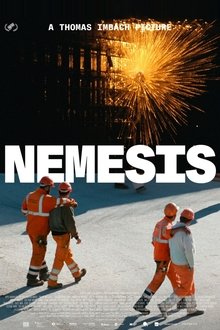
Nemesis (2020)
The film explores the destruction of a unique train station in Zurich and the construction of the new prison and police centre in its place. From the perspective of the filmmaker’s window, and with testimony from prisoners awaiting deportation, the film probes how we deal with the extinction of history and its replacement with total security.
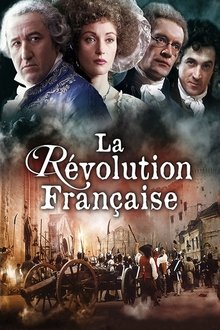
The French Revolution (1989)
A history of the French Revolution beginning from the decision of the king to convene the Etats-Generaux in 1789 in order to deal with France's debt problem. Part one spans the event until August 10, 1792 (when the King Louis XVI lost all authority and was imprisoned). Part two carries the story through the end of the terror in 1794.
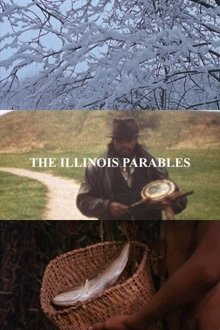
The Illinois Parables (2016)
From dreamy aerial opening shots, we are sent on an expedition through the storied land of our fifth most populous state, Illinois, often called a miniature version of America. Deborah Stratman’s experimental documentary explores how physical landscapes and human politics can each re-interpret historical events. Eleven parables relay histories of settlement, removal, technological breakthrough, violence, messianism, and resistance. Who gets to write history—physical monuments, official news accounts, or personal spoken-word memories?
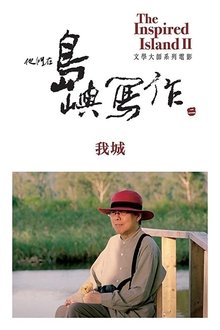
The Inspired Island: My City (2015)
Poet and author Xi Xi is one of Hong Kong's most treasured writers. Though also acclaimed in Taiwan and mainland China for seminal works like the essay Shops, her writings are firmly rooted in the spirit of Hong Kong. Leave it to Fruit Chan, another staunchly grassroots auteur, to make a documentary on Xi Xi's career. Chan sought out renowned critics and writers to discuss Xi Xi's works, starting with 1979's My City. He also juxtaposes photos of a changing Hong Kong with readings of her writings, and even playfully inserts characters from her stories into the film.
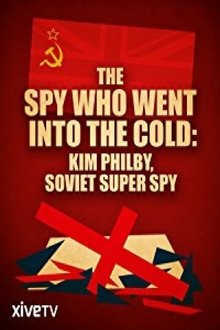
The Spy Who Went Into the Cold (2013)
A documentary about Kim Philby, a British member of MI6 who was in reality a spy and defected to the U.S.S.R.
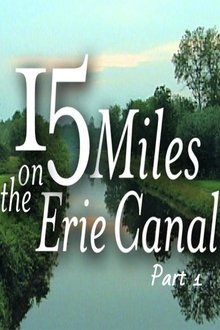
15 Miles On The Erie Canal (Part 1) (2006)
The Erie Canal was an engineering marvel in its time and remains so today. This documentary travels from Palmyra to the Genesee River, stopping along the way to visit the people and places that make the canal so special. Canal historian Thomas Grasso offers insight into the canal’s past while the Golden Eagle String Band provides the music track.
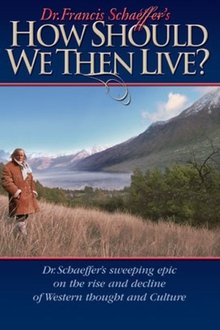
How Should We Then Live? (1977)
Dr. Francis Schaeffer's spectacular series on the rise and decline of Western culture from a Christian perspective.
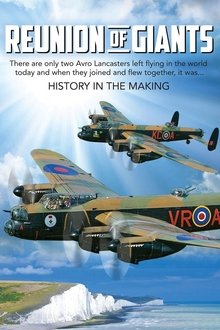
Reunion of Giants (2015)
It had been 50 years since two Avro Lancaster bombers flew side by side. The Canadian Warplane Heritage Museum's Avro Lancaster, VeRA, flew from Hamilton, Ontario to meet her British counterpart, Thumper - the only other surviving flight worthy Lancaster bomber in the world - the RAF Battle of Britain Memorial Flight's (BBMF) Lancaster in England. This documentary includes first-hand accounts from the men and women who experienced the war and were connected to the Lancaster. It transports the viewer back in time as they share what it was like during the Lancaster's glory days. REUNION OF GIANTS documents this historic mission as it unfolds through the eyes of the flight crews, veterans, friends and family. It includes all parts in this new chapter of the bomber's history, as VeRA crosses the Atlantic.
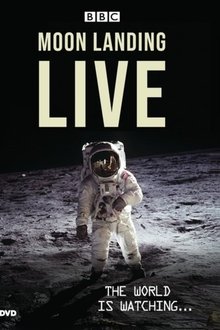
Moon Landing Live (2019)
July 1969. America made history and sent the first humans to the moon. High-quality NASA footage and extensive news broadcasts bring this sensational moment in history bursting back into life. Live news footage from every corner of the globe recreates the excitement and elation that surrounded the event, as 600 million people tuned in to watch Neil Armstrong's remarkable first steps.
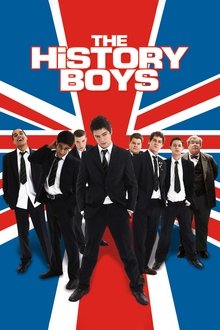
The History Boys (2006)
The story of an unruly class of bright, funny history students at a Yorkshire grammar school in pursuit of an undergraduate place at Oxford or Cambridge. Bounced between their maverick English master, a young and shrewd teacher hired to up their test scores, a grossly out-numbered history teacher, and a headmaster obsessed with results, the boys attempt to pass.

Swing con Son (2009)
Music documentary about Billo Frómeta by director Rafael Marziano Tinoco from Venezuela.

Where the Spirit Lives (1990)
In 1937, a young First Nations (Canadian native) girl named Ashtecome is kidnapped along with several other children from a village as part of a deliberate Canadian policy to force First Nations children to abandon their culture in order to be assimilated into white Canadian/British society. She is taken to a boarding school where she is forced to adopt Western Euro-centric ways and learn English, often under brutal treatment. Only one sympathetic white teacher who is more and more repelled by this bigotry offers her any help from among the staff. That, with her force of will, Ashtecome (forced to take the name Amelia) is determined to hold on to her identity and that of her siblings, who were also abducted.
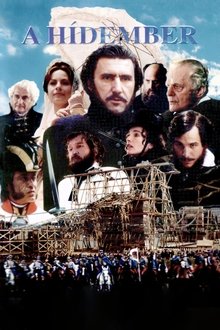
The Bridgeman (2002)
This epic story takes place between 1820 and 1860 during the Habsburg Monarchy, and portrays the life one of the greatest Hungarian aristocrats - Count Széchenyi - who was born with extra-ordinary mental and spiritual talents. In the years following the fall of Napoleon the young count Széchenyi irresponsibly seduces his brother's wife, and the consequent scandal ruins his career as an army officer. After the sudden death of his humiliated lover Count Széchenyi drastically changes his character from that of a shallow young man into a responsible nobleman seeking to conquer his fate by creating great achievements in his remaining life.
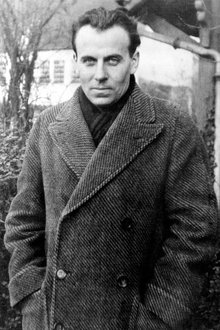
D'un Céline l'autre (1969)
Passers-by, those who knew him in his youth, René Barjavel, witness of his beginnings, his wife, his doctor, writers ... By questioning them Michel Polac tries to better understand the troubled personality of Louis-Ferdinand Céline, Notorious anti-Semite and genius writer.
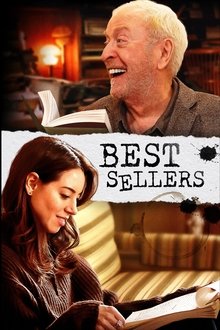
Best Sellers (2021)
A cranky, retired author reluctantly embarks on a final book tour to help out a young publisher.
